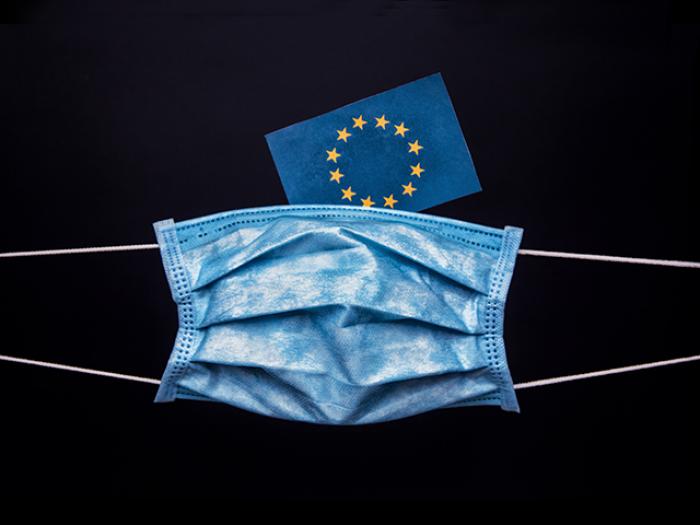Migrant children continue to face serious risks across Europe

The ‘Children in migration in 2019’ report looks at the migration situation in 2019. It pulls together the main issues identified in FRA’s Quarterly Bulletins on migration in selected EU Member States.
In 2019, Member States apprehended over 140,000 migrants entering the EU unauthorised. About 33,000 were children. Over 5,000 were unaccompanied.
This exposes children to greater risk – the risk of violence, exploitation, trafficking and abuse.
The latest FRA report highlights the 10 main challenges migrant children face. These include:
- The risk of death or injury when trying to enter the EU by sea or land.
- Being stranded – In 2019, twice as many rescue vessels could not dock immediately compared to 2018. This left over 780 children stranded on board, often in bad weather and in poor health for over a week.
- Being pushed back, sometimes violently, at the border without assessing whether they are at risk of persecution or danger. This contravenes international and EU law. Non-governmental organisations (NGOs) estimate that authorities pushed back at least 1,230 children on the Western Balkan route.
- Not enough space in reception centres for asylum-seeking children, particularly unaccompanied children with special protection needs. This applied to Cyprus, France, Greece, Italy, Malta and Spain.
- Deplorable hygiene and sanitation conditions in Greek migration hotspots. Standards were also poor in Belgium, Cyprus, Croatia, France, Italy, France, Malta, Hungary and Spain.
- Ineffective protection from sexual and labour exploitation due to shortcomings in national child-protection systems.
- Lengthy asylum procedures. This can be due to the long time it takes to assess age or appoint legal guardians. Guardians apply for asylum on behalf of children.
- Detention of migrant children to ensure their return. Detention conditions remained either poor or worsened in 2019.
- The forced return of unaccompanied children.
- Trauma following the handling of how authorities treat parents and their children as they are being returned.
After four years of regular migration updates, FRA will continue to issue ‘Quarterly Bulletins’ on key migration-related fundamental rights concerns in 2020.
In 2020, these bulletins cover the following countries: Austria, Belgium, Cyprus, Bulgaria, Croatia, Denmark, France, North Macedonia, Germany, Greece, Hungary, Italy, Malta, the Netherlands, Poland, Serbia, Spain and Sweden.
